2018 Wall Street Reading List
A collection of the Wall Street Reading List's best business books published in 2018.
3,548 views
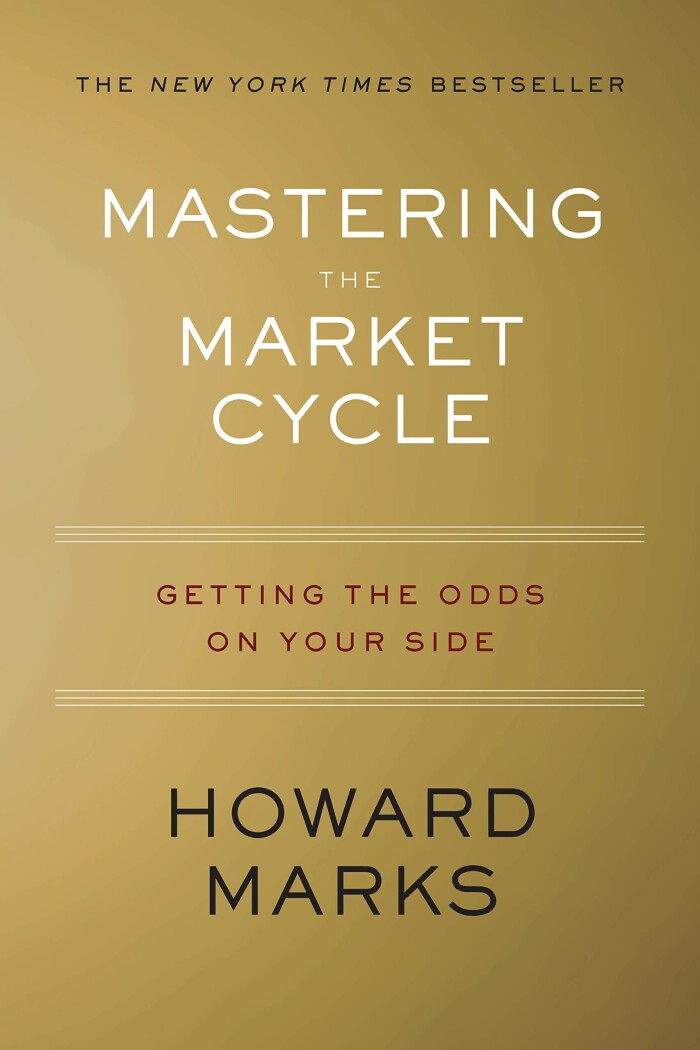
Mastering the Market Cycle
Howard Marks
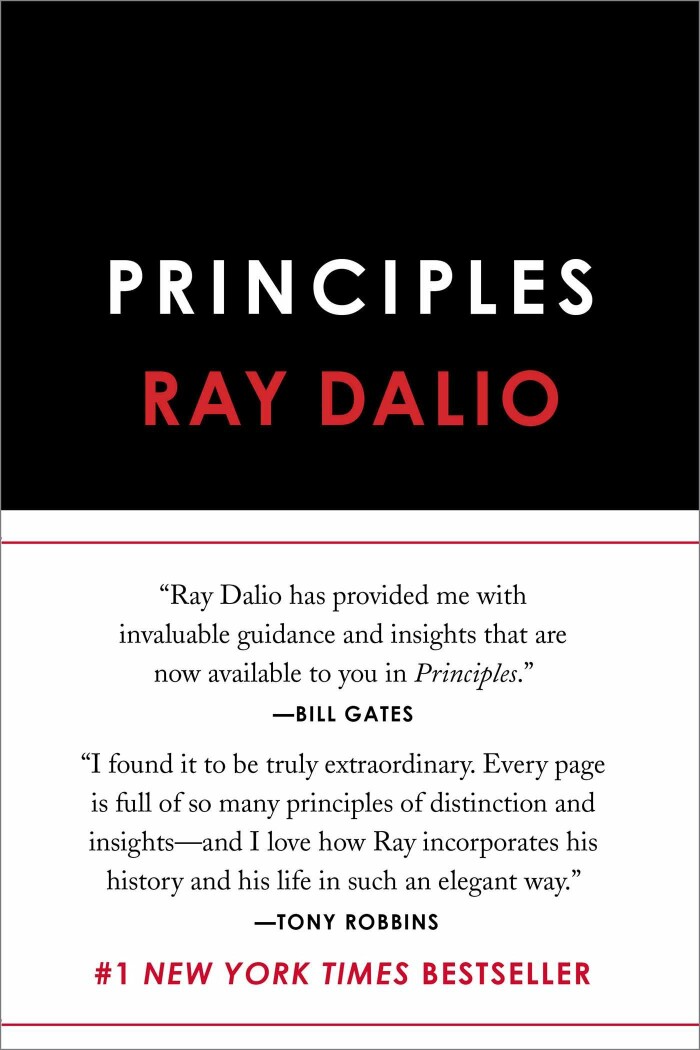
Principles
Ray Dalio
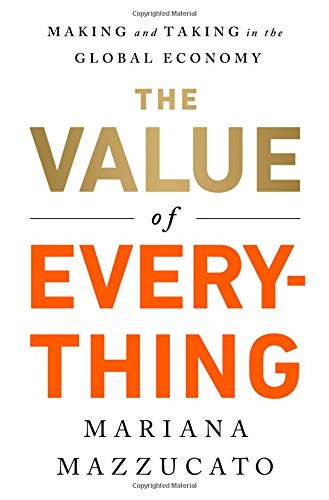
The Value of Everything
Mariana Mazzucato
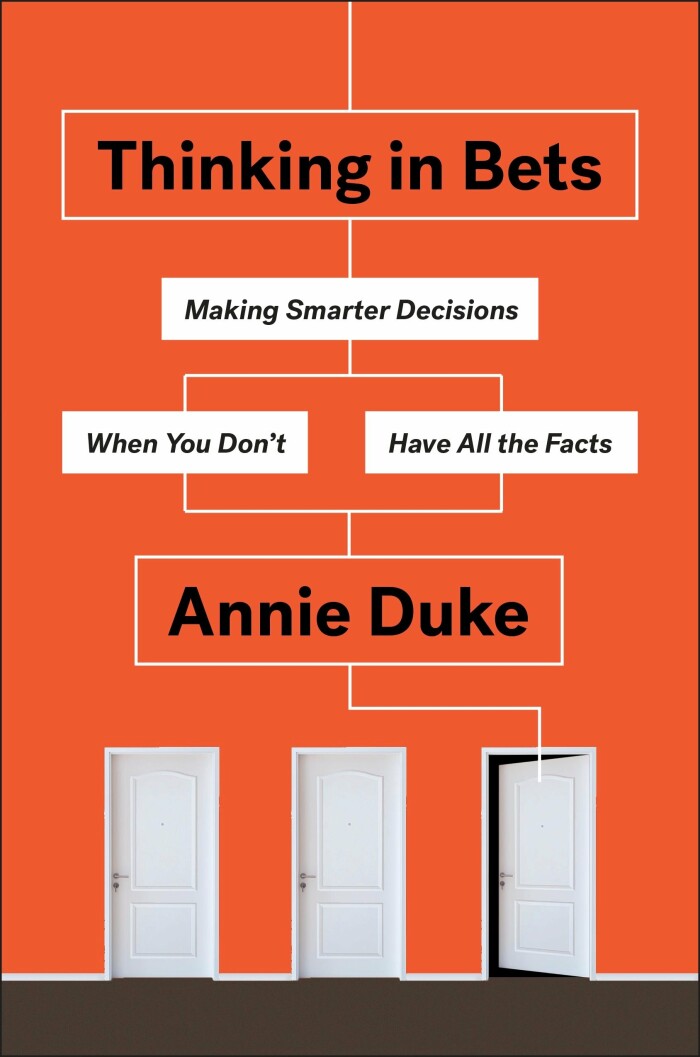
Thinking in Bets
Annie Duke
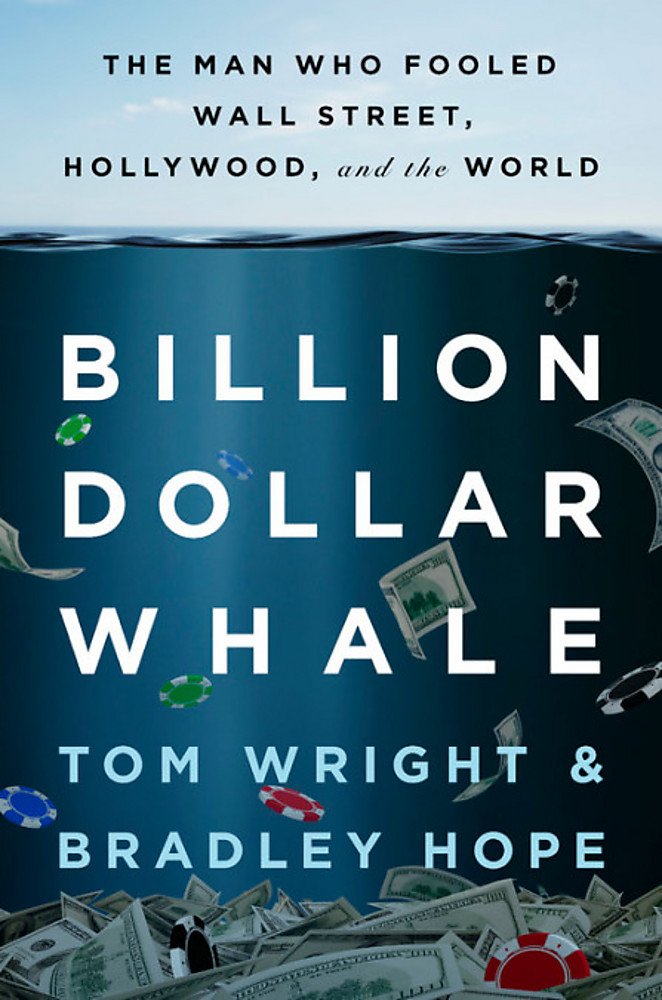
Billion Dollar Whale
Tom Wright and Bradley Hope
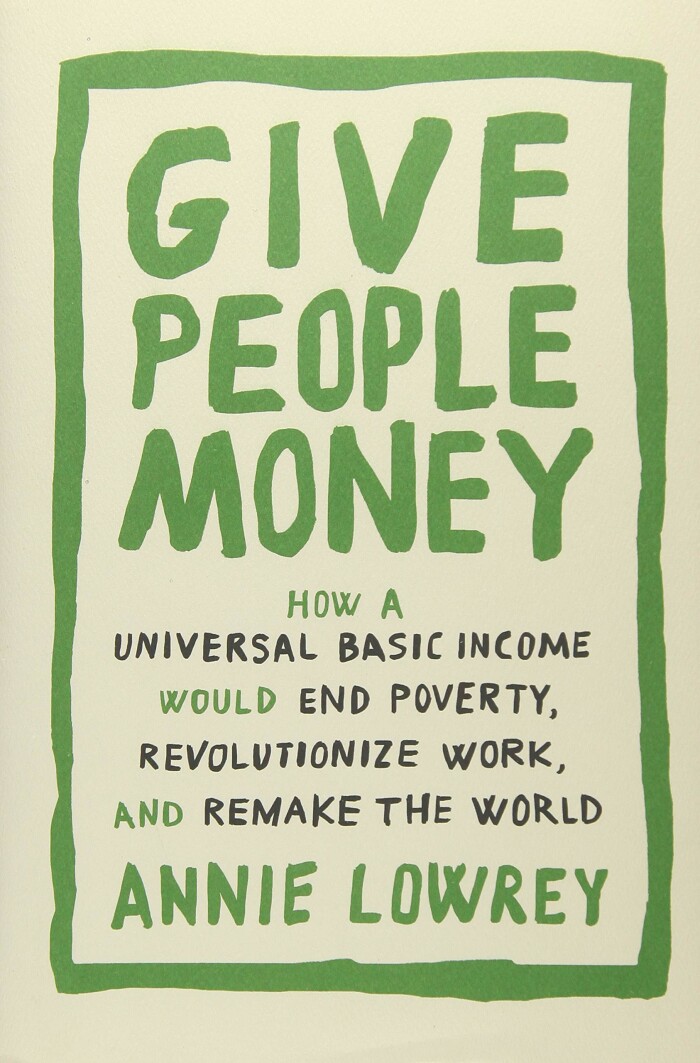
Give People Money
Annie Lowrey
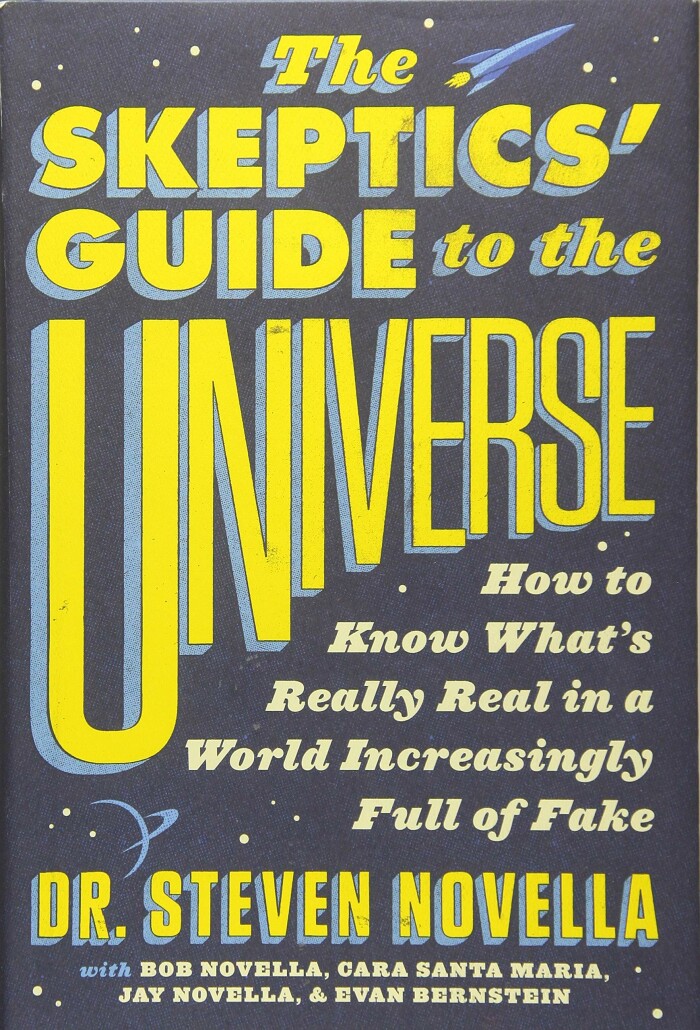
The Skeptics' Guide to the Universe
Dr. Steven Novella
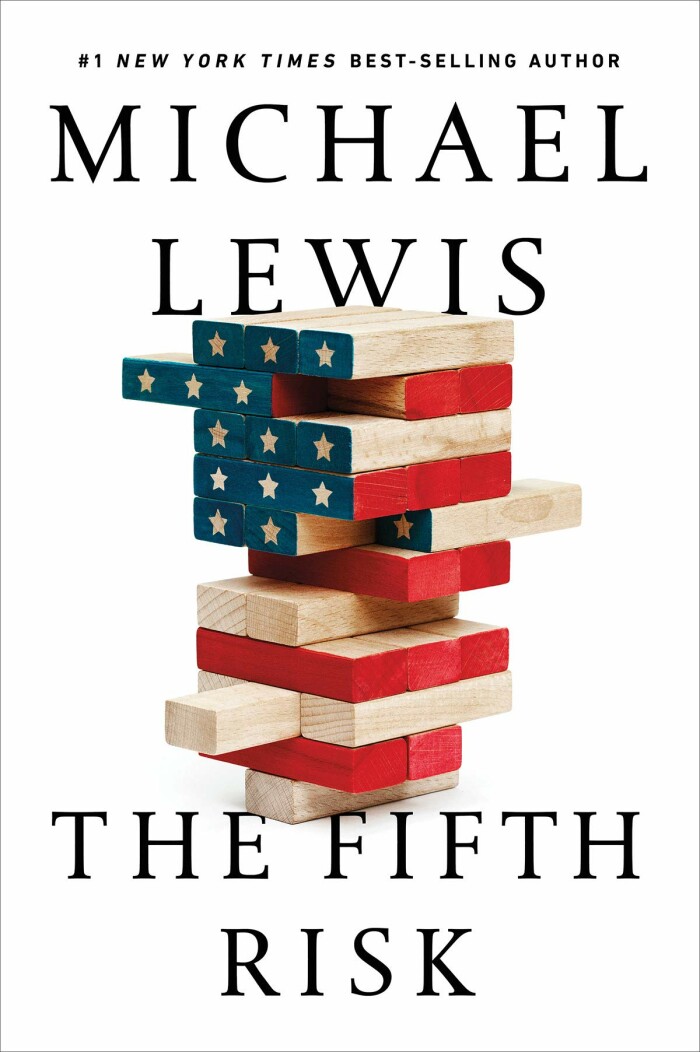
The Fifth Risk
Michael Lewis
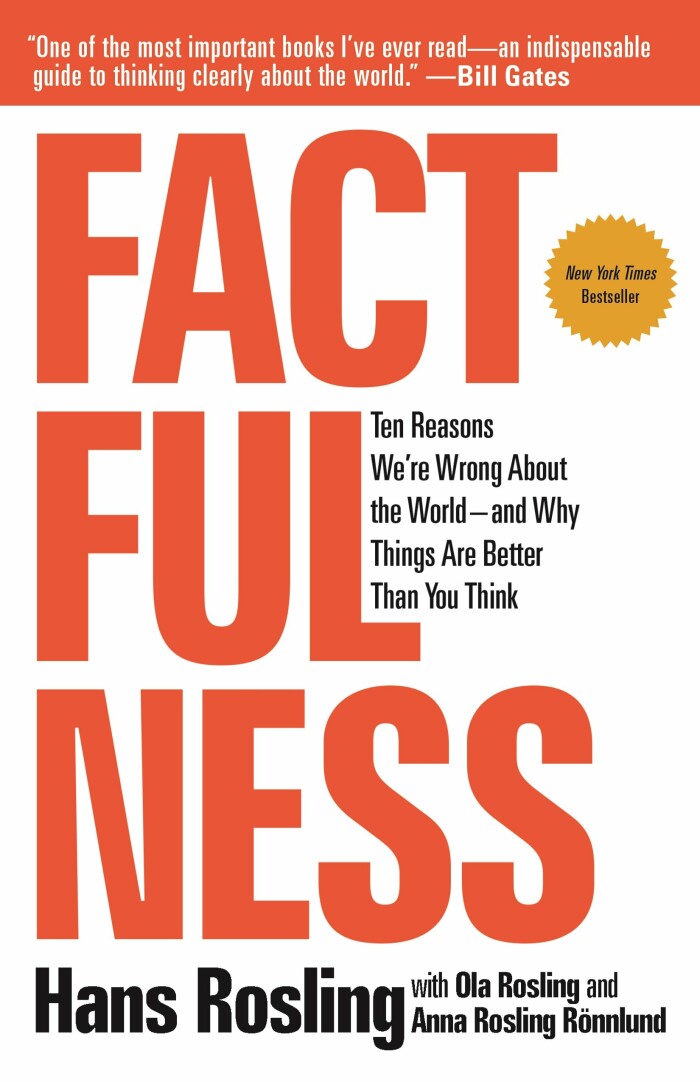
Factfulness
Hans Rosling
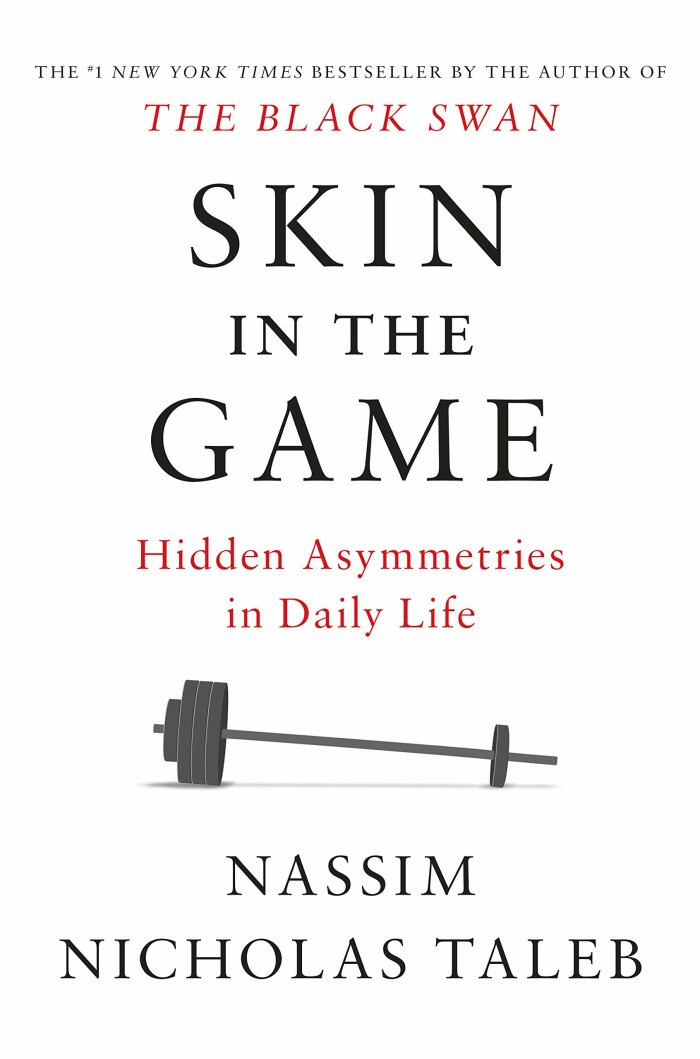
Skin in the Game
Nassim Nicholas Taleb
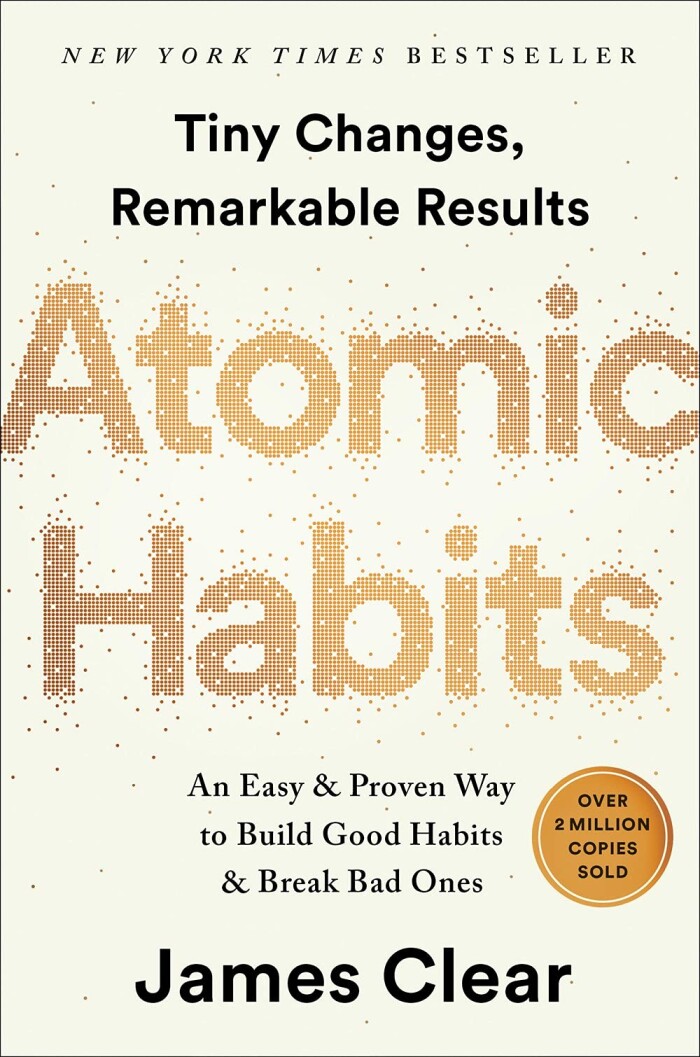
Atomic Habits
James Clear
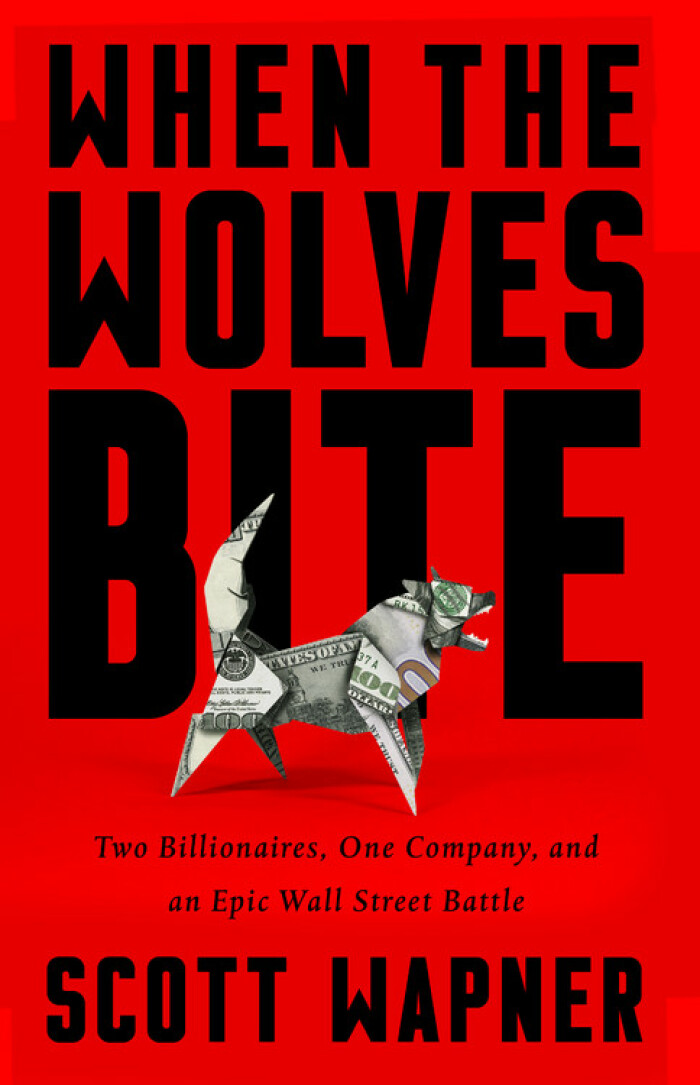
When the Wolves Bite
Scott Wapner
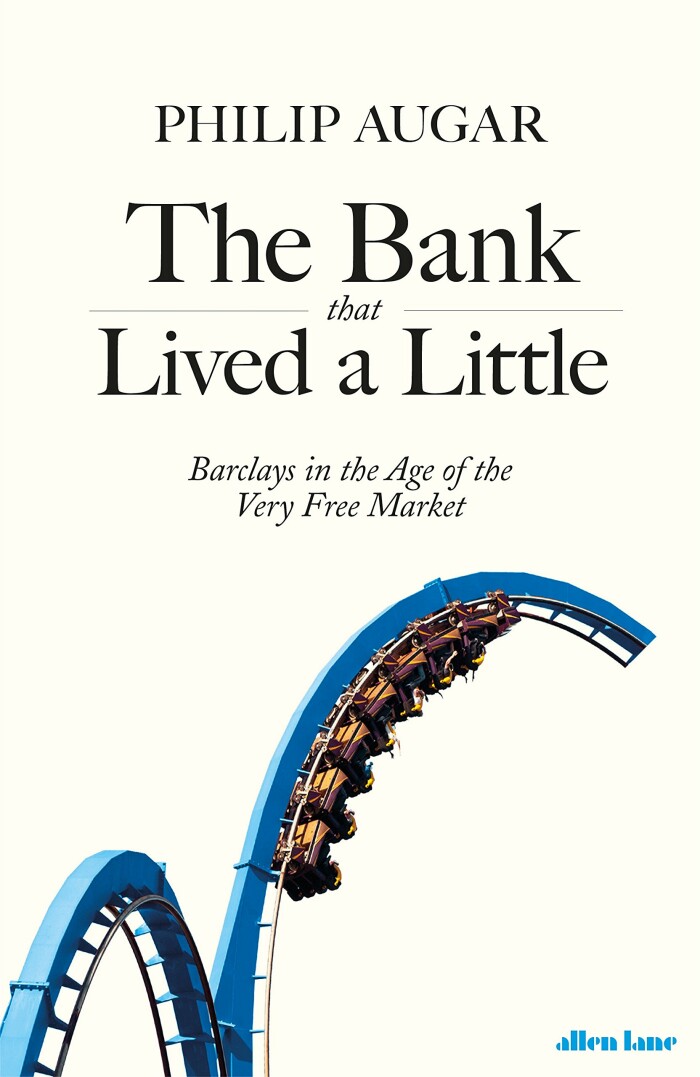
The Bank That Lived a Little
Philip Augar
